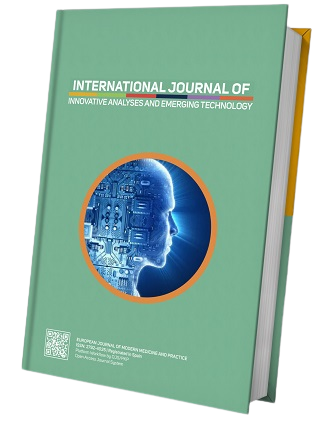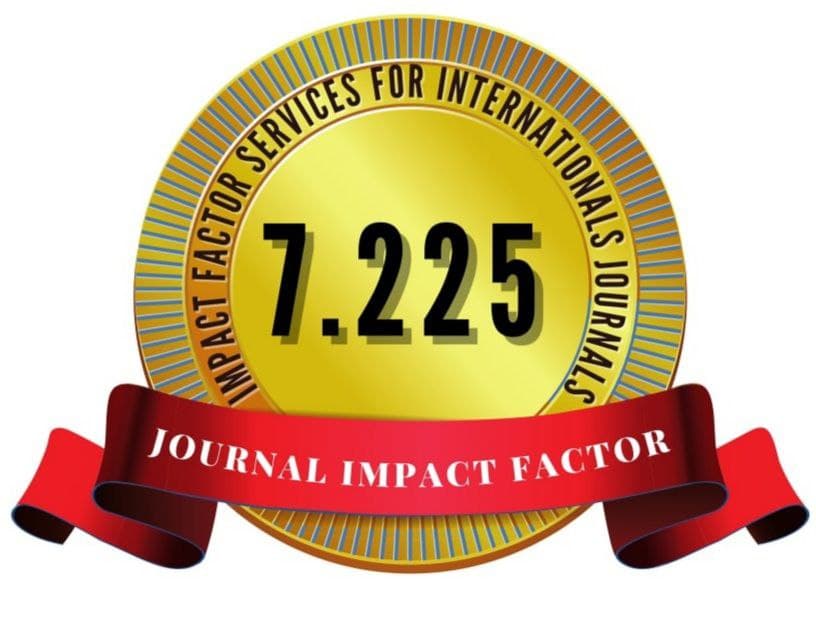Maximizing Business Value with Integrated IoT and Cloud ERP Systems
Keywords:
IOT, ERP, CLOUD, CRM, SCMAbstract
In today's digital economy, companies need greater agility, data-driven insights, and customer-centricity to sustain growth and competitive advantage. Enterprise systems like ERP play a crucial role in enabling this transformation. ERP software consolidates business functions like finance, supply chain, manufacturing, inventory, etc. on an integrated platform for streamlined operations. However, traditional on-premise ERPs have limitations like high costs, inflexibility, and lack of accessibility. This has driven the adoption of cloud-based ERP systems like SAP S/4HANA, Oracle Fusion, and Microsoft Dynamics 365. According to IDC, over 45% of enterprise applications will be SaaS-based by 2025.
In parallel, Internet of Things (IoT) adoption is accelerating. IoT allows connecting and digitizing physical assets and systems leveraging sensors and cloud platforms. IoT enables continuous real-time monitoring, tracking, automation, and analytics of industrial equipment, supply chains, and products. Per Gartner, there will be 25 billion IoT-connected devices by 2025. While IoT unlocks value, integrating with ERP systems is needed to utilize IoT data for business decisions and workflows.
Hence, integrating IoT with cloud ERP unlocks tremendous potential for data-driven innovation and digital transformation. IoT provides real-time operational data, while cloud ERP consolidates historical business data. Together, they close gaps between siloed IT, OT, and IoT systems, enabling a "digital twin" view of enterprise operations. Use cases span smart manufacturing, connected logistics, smart energy, and more.
Key benefits of integrated IoT and cloud ERP include real-time visibility, enhanced analytics, automation, new business models and revenue streams, improved risk management, and competitive differentiation. However, organizations face challenges related to IoT data scale and complexity, legacy systems, device connectivity, security, a fragmented technology landscape, and cultural obstacles.
To successfully integrate IoT and cloud ERP, companies need to leverage cloud-native platforms and focus on interoperability, unified analytics, and edge computing. As IoT devices proliferate and underlying technologies mature, integrated IoT and cloud ERP adoption will accelerate over the coming decade. Companies that transform early will maximize business value and outpace competitors. While the roadmap has challenges, integrated IoT and cloud ERP are indispensable for future success.
In summary, integrating IoT with cloud ERP underpins connected, intelligent enterprises. Together, they break down IT/OT silos to enable unified data-driven decision-making, automation, risk management, and new revenue streams. To navigate implementation barriers, organizations must architect for openness, analytics, and distributed edge computing. Despite challenges, integrated IoT and cloud ERP will exponentiate over the coming decade as a baseline for digital innovation and resilient operations.






